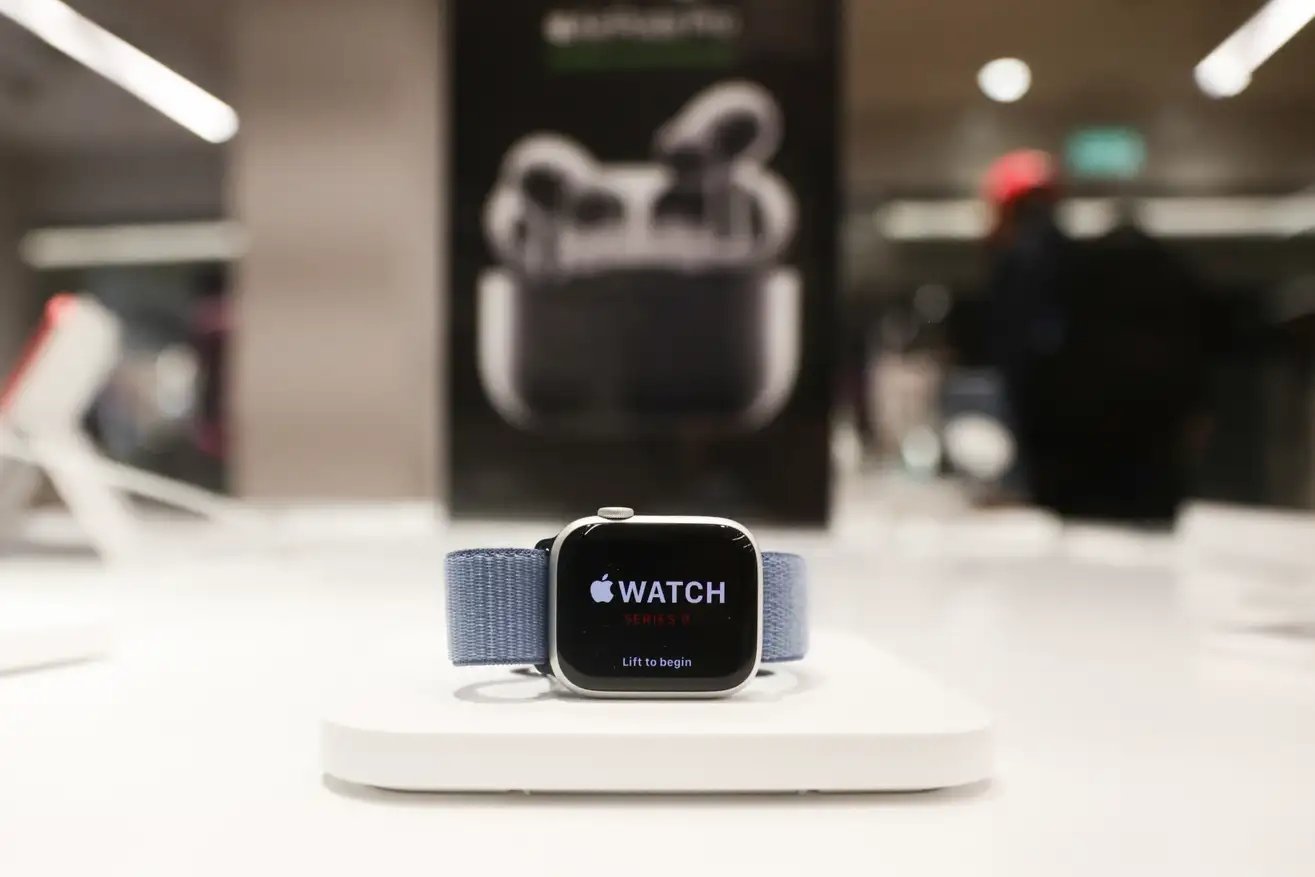Apple's battery supplier says it made a big breakthrough
TDK said its CeraCharge solid-state battery has 100 times the energy density of the conventional solid-state battery

An Apple battery supplier announced a major breakthrough that could mean a longer battery life for AirPods and Apple Watches.
Suggested Reading
TDK, the largest maker of smartphone batteries in the world, said Monday that it has successfully developed a material that could be used in a new battery with “significantly higher energy density” than its existing cells. Energy density refers to how much energy a battery can store relative to its size or weight. The material will be used in TDK’s CeraCharge solid-state battery, which it says has an energy density of 1,000 watt-hours per liter — approximately 100 times more than its conventional solid-state battery.
Related Content
These batteries use an oxide-based solid electrolyte, in contrast with the liquid electrolyte used in lithium-ion batteries that are widely found in electronic devices, making them “extremely safe.” Solid-state batteries are smaller, charge faster, last longer, and have a lower risk of damage from temperature changes.
“Smaller size and higher capacitance contribute to smaller device size and longer operating time,” the Tokyo-based company said.
The battery is designed to replace coin cell primary batteries, such as those found in wearable devices like wireless headphones, smartwatches, and hearing aids. The new batteries would be rechargeable, in compliance with new European Union battery regulations that are aimed at reducing the environmental impact of batteries.
TDK said it’s working toward mass production of solid-state batteries, and beefing up the batteries’ capacity using multi-layer lamination technology and expanding their operating temperature range.
TDK chief Noboru Saito told Bloomberg in January that the company is continuing to develop future battery technology to differentiate itself in the increasingly crowded space and keep its competitive edge.
“Some may say that our battery sales are headed for a gradual decline, but I disagree,” Saito said. “I guarantee that batteries will be a sustainable and big pillar of the group’s portfolio, even over the long term.”
